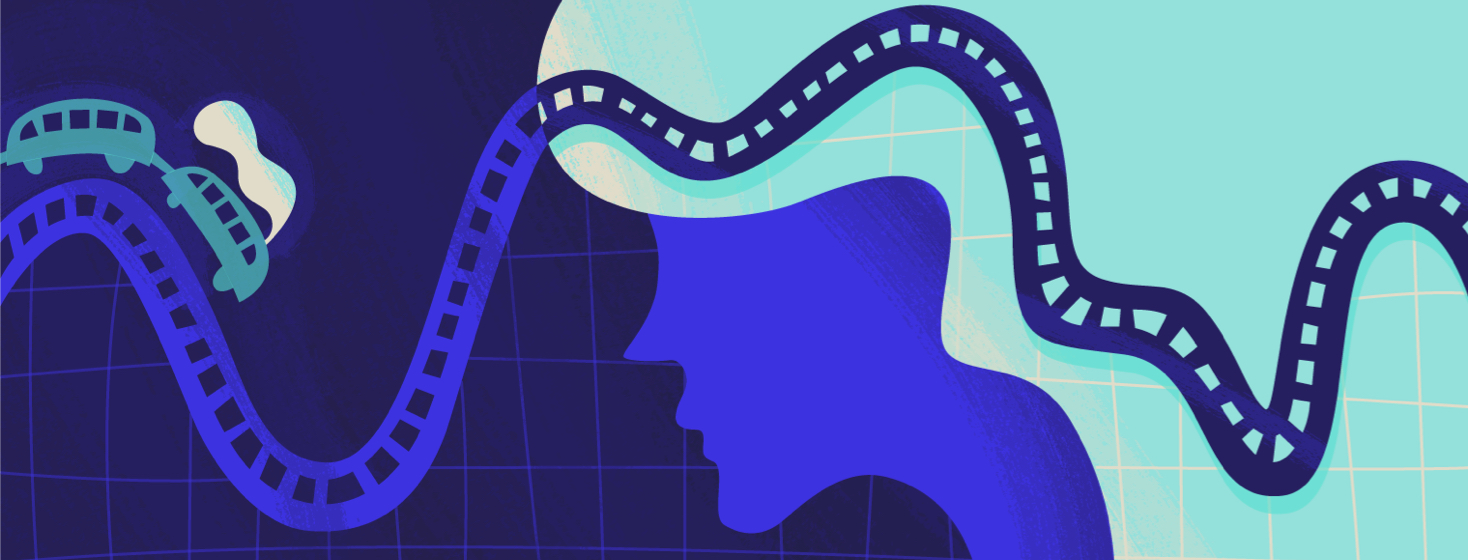The Emotional Toll of Epilepsy
The burden of epilepsy is that it follows you wherever you go.
Before my brain surgery, it started the moment I woke up each morning. Did I get at least 7 hours of sleep last night? And was it good sleep?
A yes to those questions gave me assurance and a boost of confidence to get dressed and head to work or out for a run. A no made my heart quicken and my confidence dip. A no made me second guess going out for a run, because running paths were sometimes the site of my seizures. On those mornings I had to just hope that I could make it through the day before my head hit the pillow again.
This or That
Has epilepsy taken an emotional toll on you?
Fearing my epilepsy triggers
Many people with epilepsy have triggers that can set off their seizures. Mine was sleep deprivation, and I needed at least 7 hours to go a day without a seizure. Falling below, even to 6.5 hours, usually spelled trouble. Is a seizure going to strike today at work or tonight with my friends? Brain just stay calm today, please!
Each day my brain listened to that plea gave me a sliver of hope that maybe, just maybe, the seizures would stop forever, and that my AEDs were finally at the perfect level. But another part of my brain proceeded with doubt. Don’t get your hopes up too high. Take it a day at a time.
When 1 week without seizures turned into 2 weeks and then a month, that confidence grew. But the emotional toll of epilepsy is that it's constantly lurking. One month without a seizure could turn on a dime.
One night I was cutting vegetables, but minutes later I was waking up on my cold kitchen tile with a huge gash in my left arm from the knife. The bloody site brought disbelief and tears. I continued to have seizures all weekend long. Why did I let myself believe the seizures might really just magically end?
Memory issues & feeling like a burden
A major part of epilepsy's toll on my emotions was the constant analyzing of my memory, especially at work. Why wasn’t I remembering everything I did, like my coworkers were? How much did they notice? Did my good friends and sister also notice on the phone?
It also felt like I was a burden to friends and coworkers because I needed rides to get around if the bus wasn't running. But it wasn't just about me. I knew that my emotions also took a toll on my family and friends, especially my mom. Stressing her out stressed me out, so I avoided telling my family about my seizures as much as I could. I would later discover staying silent only worried my family more, because they could sense I wasn’t doing well.
Surgery has helped the emotional toll
Once I qualified for brain surgery I was able to be more open with them about the seizures, which took a weight off of all of our shoulders. Since my surgery, I’ve been extremely lucky only to have experienced a sensory aura – a metallic taste. Still, though, the chance of another one lurks.
I'm not invincible, I know that. No one with a serious chronic medical condition is. I just have to count my blessings that surgery was successful in ending the big seizures. Those brought the most stressful moments of my life.

Join the conversation